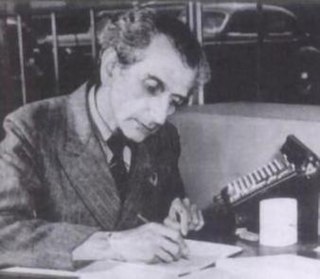A Quote by Terry Southern
I learned not to care ... and to write for an imaginary reader whose tastes were similar to my own.
Related Quotes
Women, I believe, search for fellow beings who have faced similar struggles, conveyed them in ways a reader can transform into her own life, confirmed desires the reader had hardly acknowledge-desires that now seem possible. Women catch courage from the women whose lives and writings they read, and women call the bearer of that courage friend. [p. 138]
In the middle of the next century, when the literary establishment will reflect the multicultural makeup of this country and not be dominated by assimiliationists with similar tastes, from similar backgrounds, and of similar pretensions, Langston Hughes will be to the twentieth century what Walt Whitman was to the nineteenth.
G.O.O.D. Music is just real tastemakers, man. Kanye's a real tastemaker. One thing that I feel is tight about G.O.O.D. is that a lot of people have their own style, and you can see that. My style is different than Pusha's, it's different than Cudi's. But it's also slightly similar 'cause we have some similar tastes.
I write with the idea that nobody will care about what I've written; I publish with the idea that nobody will care either. Which is why every time somebody cares enough to read a novel of mine, or respond to it - a reader, a reviewer, even my own editor - I'm a little bit amazed, and so hugely grateful.
For any artistic person who creates imaginary people, the art is like inhabiting the life and mind of a seven-year-old child with imaginary friends and imaginary events and imaginary grace and imaginary tragedy. Within that alternate universe, the characters do have quite a bit of free will. I know it's happening in my mind and my mind alone, but they seem to have their own ability to shape their destinies. So I'm not shooting for anything. If the characters are vulnerable it's simply because they're very human.
The book is finished by the reader. A good novel should invite the reader in and let the reader participate in the creative experience and bring their own life experiences to it, interpret with their own individual life experiences. Every reader gets something different from a book and every reader, in a sense, completes it in a different way.






































